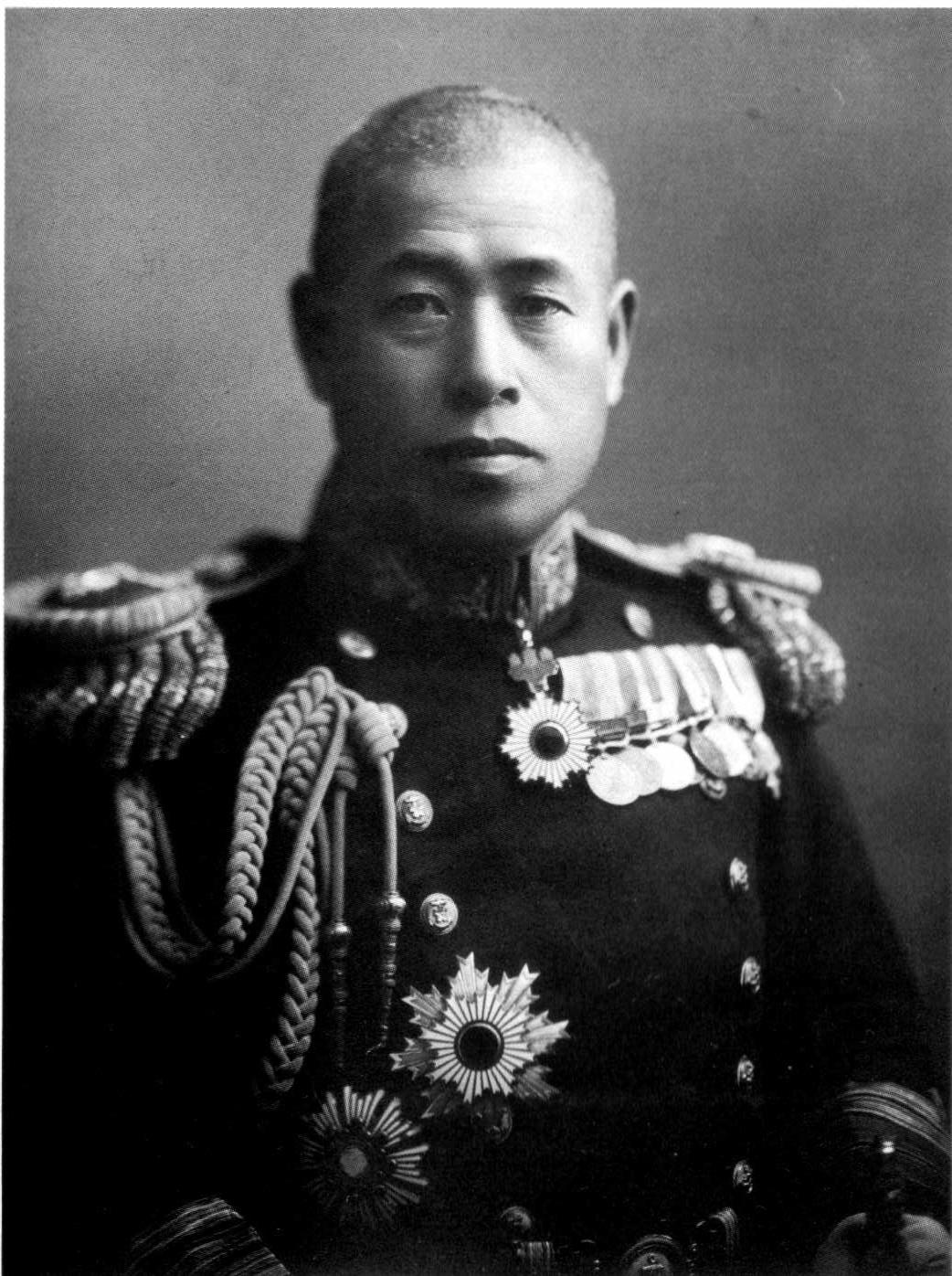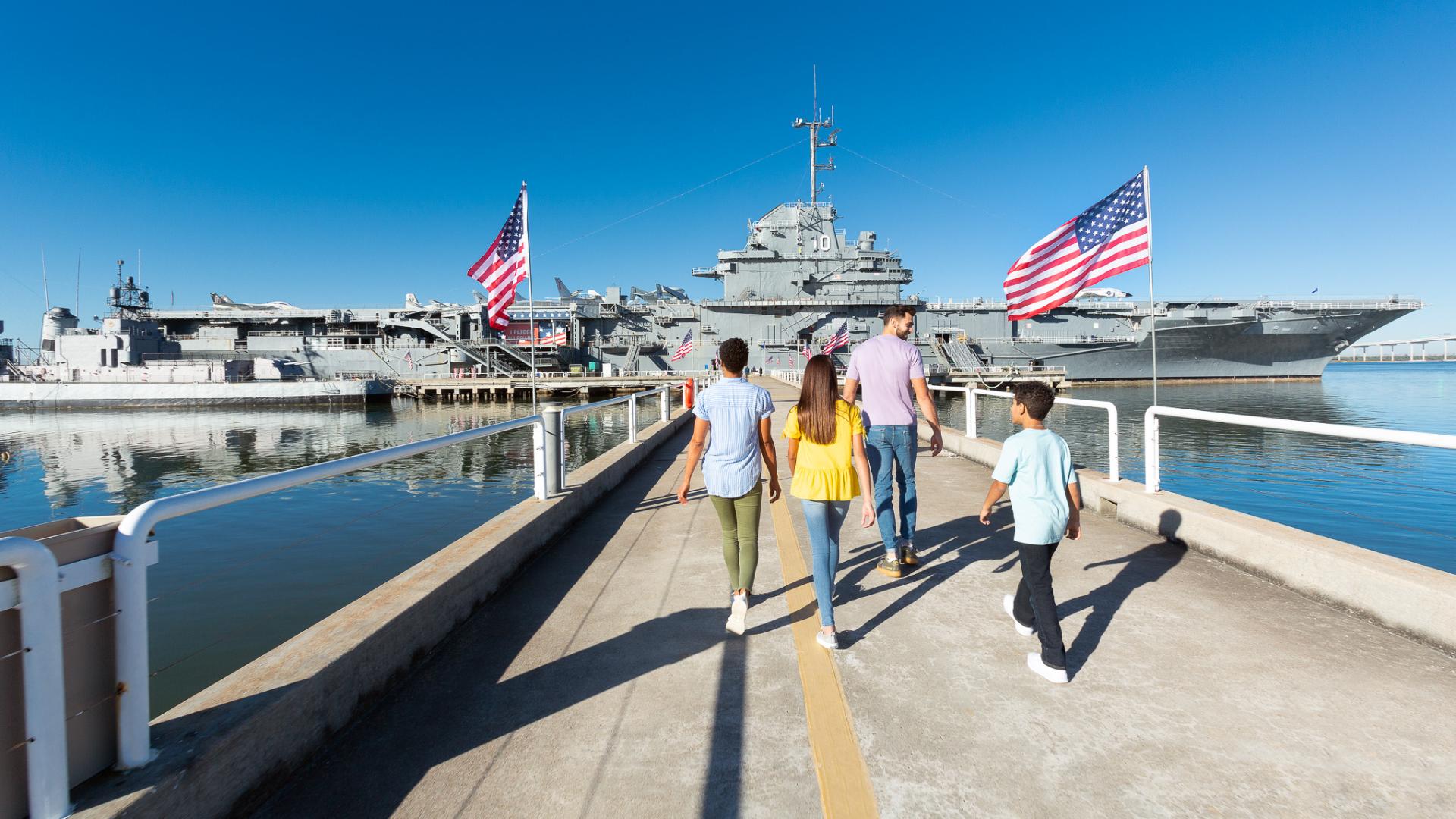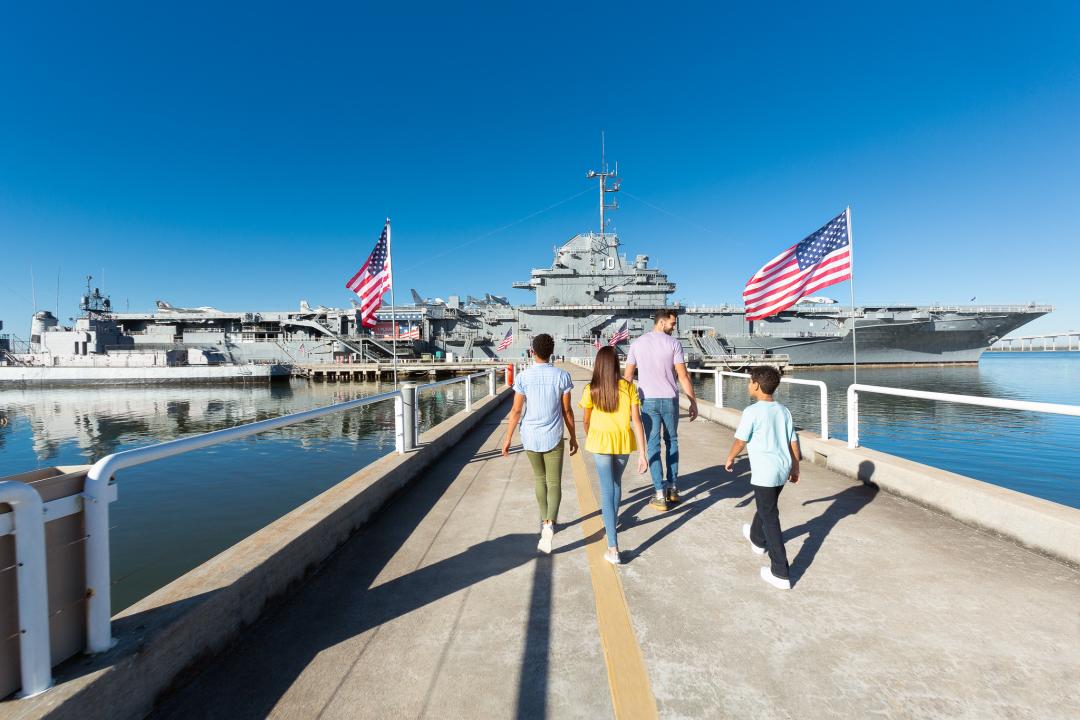
it is in memory that keeps telling us, some of the old story about us
W. S. Merwin
In early April, Admiral Isoroku Yamamoto wrote to Niwa Michi at her geisha house in Tokyo, "The first stage of operations has been a kind of children's hour, and will soon be over; now comes the adults' hour, so perhaps I'd better stop dozing and bestir myself...." From 07 December to early April, the Imperial Japanese military forces had been on a roll throughout the Far East and no one had been able to stop them as they pushed aside all Allied resistance. Japan appeared unstoppable and there had been no serious threats to Japanese military forces or to the homeland. Yamamoto didn't buy all the Japanese press clippings as we see in his letter to Niwa,
The thing that worries me slightly is that, although the war's only been going on for something over three months, a lot of people are feeling relieved, or saying they're grateful to Admiral Yamamoto because there hasn't been a single air raid. They're wrong; the fact that the enemy hasn't come is no thanks to Admiral Yamamoto, but to the enemy himself.
Anyway, my advice is that it would be safer, if only it were possible, to keep half one's property and half oneself somewhere outside the city.

Two weeks after Yamamoto's fifty-eighth birthday on 04 April, Jimmy Doolittle and his raiders hit Tokyo, Kawasaki, Yokusuka, Nagoya, Yokkaichi and Kobe on 18 April. The Japanese were not hurt militarily by the raid, but the psychological blow was a tremendous one. Yamamoto commented, "I was distressed to hear that Tokyo finally had a raid." He also realized much more than most Japanese the future to come, what the news and the Japanese government didn't want the people to realize..."I feel it was just enough of a taste of the real thing to warn the people of Tokyo against their present outlook." However, the government was quick to minimize the psychological damage of the raid by news coverage of the minimal damage, and playing on the words of "Do- Little" raid and his "Do Not Much" raiders. The public was fooled, but the psychological impact was devastating among Japan's military. Yamamoto wrote, "...it's a disgrace that the skies over the imperial capital should have been defiled without a single enemy plane shot down."
The Doolittle raid's immediate impact led Yamamoto to move up the timetable of his planned attack on Midway. The Japanese Army were not in favor of supporting the original attack, but after Doolittle's raid it quickly offered up forces for the Midway invasion. Midway would become the battle that would destroy four of Japan's ten aircraft carriers and put the Japanese on the defensive for the remainder of the war. It would destroy Yamamoto's hope for a chance of a peace settlement with the United States, without which he realized Japan was doomed. After the defeat at Midway in an effort to hide the bad news and keep it from the nation, some of the survivors, officers and men, were confined to bases on Kyushu. Other lesser ranks were sent to the South Pacific, and most would never see their families again.
Doolittle, his sixteen bombers and eighty aviators had swung a small hammer, but the glass facade of Japanese military power began to crack and tumble with this first impact of growing American power. Yamamoto recognized the coming of the "adults' hour" when hard choices and facts would fall psychologically and literally upon Japan.

Watch Doolittle's granddaughter here on You Tube...

